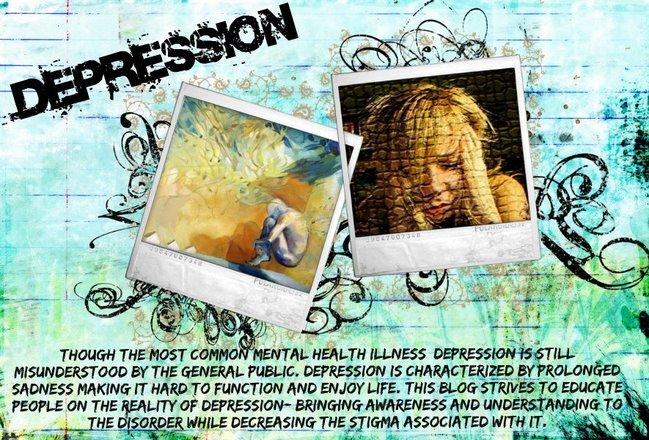
The studies, conducted on the relationship between religion and depression, have shown contradictory results. By looking at several different studies, the truth behind this relationship can be deciphered.
A study found that although religion is usually portrayed as a source of comfort, individuals may also experience strain in their religious lives. Religious strain was associated with greater depression and suicidality, regardless of religiosity levels or the degree of comfort found in religion.
Depression was associated with feelings of alienation from God and, among students, with interpersonal conflicts on religious domains. Suicidality was associated with religious fear and guilt, particularly with belief in having committed an unforgivable sin. Religious strain, along with religiosity, was associated with greater interest in addressing religious issues in psychotherapy.
 Other studies show that religious people have lower rates of depression than non-religious people. They conclude that there are three main components that define the relationship between religion and mental health. First, religious participation offers people opportunities for regular social interaction with others who share their beliefs and values. These social networks supply companionship and comfort during stressful times.
Other studies show that religious people have lower rates of depression than non-religious people. They conclude that there are three main components that define the relationship between religion and mental health. First, religious participation offers people opportunities for regular social interaction with others who share their beliefs and values. These social networks supply companionship and comfort during stressful times.Second, religion helps people make sense of undesirable life events and conditions, and helps them cope with personal setbacks such as grief and health problems. Third, religion promotes healthy lifestyles. Studies show that religious participation decreases the likelihood that one will abuse alcohol or drugs, two key factors associated with mental health problems.
A final study to contemplate found that religiousness was significantly associated with lower odds of lifetime depression, which ties in with what other researchers have found; thus, religiousness may protect against depression. The study results regarding spirituality and affective disorders were the opposite of those for religiousness.
 Spirituality was significantly linked with higher lifetime odds of having depression, manic episodes, and social phobia. This could be a result of the fact that psychiatric disorders cause people to search for meaning and look outside themselves for answers, though they may not be involved in formal organizational religious behaviors.
Spirituality was significantly linked with higher lifetime odds of having depression, manic episodes, and social phobia. This could be a result of the fact that psychiatric disorders cause people to search for meaning and look outside themselves for answers, though they may not be involved in formal organizational religious behaviors.This leads to the question of which came first religion or depression. It is hard to gauge whether a person suffering from depression attends church based on spirituality or as a coping behavior. This question aids in the understanding of the discrepancies amongst the results of the studies on religion and depression. The underlying reasons for attending church are more predictive of depression. Not adjusting for people who attend church as a coping behavior from those who do not will skew the results of a study.
Studies were found on psychiatryonline.org, goliath.com, and biopsychiatry.com

No comments:
Post a Comment